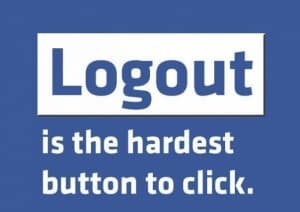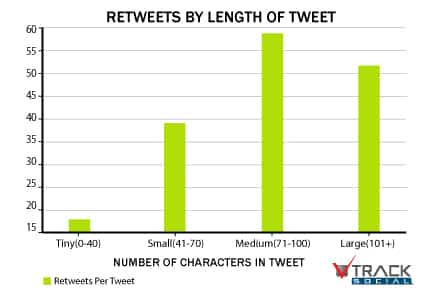Facebook has become so much involved into people’s lives as if it is an independent phenomenon on its own. It is expected to cross 1 billion users by August this year. A lot of people cannot start their day without checking-in their Facebook accounts and if you happen to be one of such people, then certainly you are addicted to Facebook. But can you imagine being addicted to Facebook more than anything else in your life? Since most people have started socializing online than offline, social networking has become an essential verb of life called Facebooking like walking, talking, drinking, eating, etc.
As reported by the Digital Trends, an interesting new study done by the University of Chicago Booth School of Business suggests that an urge to check a social network in some people, whether it be Facebook or Twitter, is actually stronger than the need to light up a cigarette or have an alcoholic drink. Now since this survey is limited to a number of people and to a specific location where they live, it might not apply to the general global population. But it sure is an insight into how much social network-dependent people can get.
The response is based on a large group of people and with ages between 18 to 85 years, hence the age demographic has been intact. These 10,000 respondents have minor or major addictions of other things in life, which means, if their favourite social network tops their list of priorities and addictions, where do non-addictive users stand. Although there must be a definite balance between online and offline life, but when being online, social networking is what most people are involved in.
So for all those living a healthy balanced life between online and offline world, they need to check on what they spent their online time on and most probably the answer would be social networking. It would supersede all of their other online activities like reading a blog, watching a movie, listening to music or just surfing other websites. This recent study will be published in the Psychological Science journal soon. There are other similar studies that have been carried out in the past and will continue to be undertaken in future to understand the phenomenon of social networking and its impact on a user’s mind and conduct.
[ttjad]





